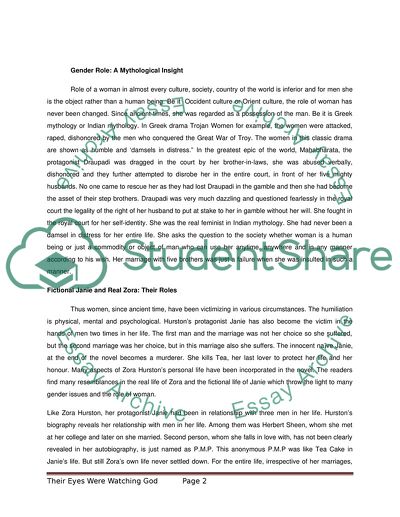Cite this document
(“Zora Hurstons Their Eyes Were Watching God Essay”, n.d.)
Retrieved from https://studentshare.org/literature/1634123-zora-hurstons-their-eyes-were-watching-god
Retrieved from https://studentshare.org/literature/1634123-zora-hurstons-their-eyes-were-watching-god
(Zora Hurstons Their Eyes Were Watching God Essay)
https://studentshare.org/literature/1634123-zora-hurstons-their-eyes-were-watching-god.
https://studentshare.org/literature/1634123-zora-hurstons-their-eyes-were-watching-god.
“Zora Hurstons Their Eyes Were Watching God Essay”, n.d. https://studentshare.org/literature/1634123-zora-hurstons-their-eyes-were-watching-god.


